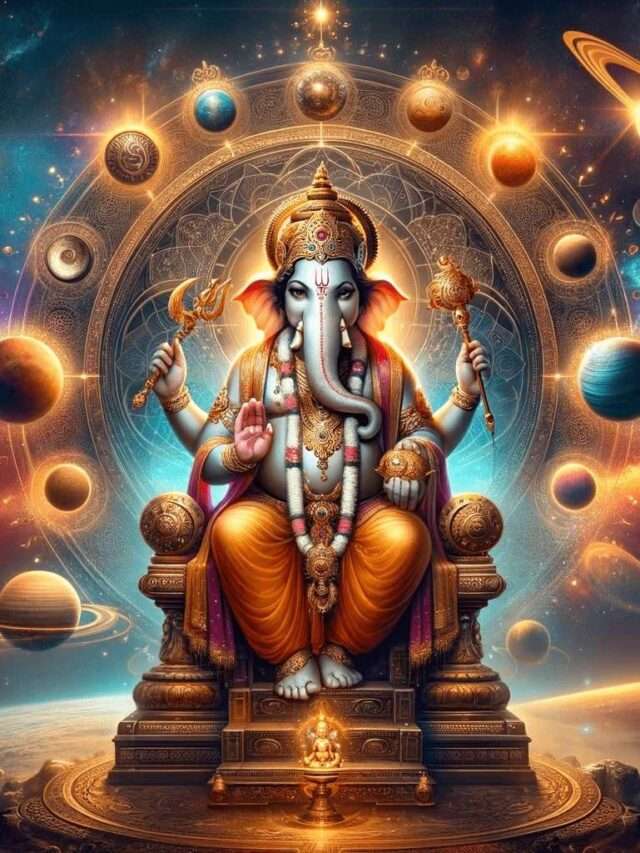अथ व्यवस्थितान् दृष्ट्वा धार्तराष्ट्रान्कपिध्वजः।
श्रीमद्भगवद्गीता 1.20
प्रवृत्ते शस्त्रसंपाते धनुरुद्यम्य पाण्डवः।।
Atha Vyavasthitan Drishtva Dhartarashtran Kapidhvajah
Shrimad Bhagavad Gita 1.20
Pravritte Shastra Sampate Dhanurudyamya Pandavah
Then beholding the sons of Dhritarashtra, drawn up on the battle- field, ready to fight, Arjuna, whose flag bore the Hanuman,
English Translation of BG 1.20
This verse sets the stage for a pivotal moment in the Bhagavad Gita, marking the transition from preparation to action on the Kurukshetra battlefield. As Arjuna, with the flag of Hanuman flying high on his chariot, prepares to engage in battle by lifting his bow, it symbolizes the readiness to face life’s challenges head-on, underpinned by divine support and inner strength.
Insights into BG 1.20: Reflecting on Swami Ramsukhdas Ji’s Divine Commentary
Divine Embodiment in Action
The presence of Hanuman on Arjuna’s flag is not merely a detail but a profound symbol of strength, devotion, and the blessings of divine energy. Hanuman, an epitome of devotion and bravery, signifies the protection and support that the divine offers to those who stand on the path of righteousness. It reassures us that when we face our duties with dedication, we are never alone; the divine presence guides and fortifies us.
The Threshold of Duty
Arjuna’s action of taking up his bow as he observes the opposition ready for war serves as a metaphor for the individual’s confrontation with life’s challenges. It speaks to the moment of decision, where one must choose to act in accordance with dharma (righteous duty). This act is a call to each of us to rise and face our responsibilities, armed with the values of courage, righteousness, and determination.
The Significance of Preparedness
The readiness of both sides for the impending battle underscores the inevitability of life’s struggles and the importance of preparedness. Just as Arjuna stands ready to fight, we too must prepare ourselves for the challenges life throws at us. This preparation is not just physical but mental and spiritual, requiring us to cultivate strength, wisdom, and discernment.
Unity of Purpose and Divine Will
Arjuna’s raising of the bow, under Krishna’s watchful guidance, symbolizes the harmonious alignment of human effort with divine will. It teaches us the importance of aligning our actions with a higher purpose, ensuring that our endeavors are not just for personal gain but for the greater good. This unity of purpose with divine will is what leads to true success and fulfillment.
Conclusion
Verse 1.20 of the Bhagavad Gita teaches us about the readiness to face our duties, the importance of divine support and inner strength, and the need for preparation and alignment with higher values. As we reflect on Arjuna’s readiness to engage in battle, let us remember that life’s challenges are opportunities for growth and transformation. With devotion, courage, and the guidance of the divine, we can face any adversity and fulfill our duties with integrity and honor. This verse inspires us to embrace our responsibilities with a heart full of courage and a spirit willing to be guided by the divine.


